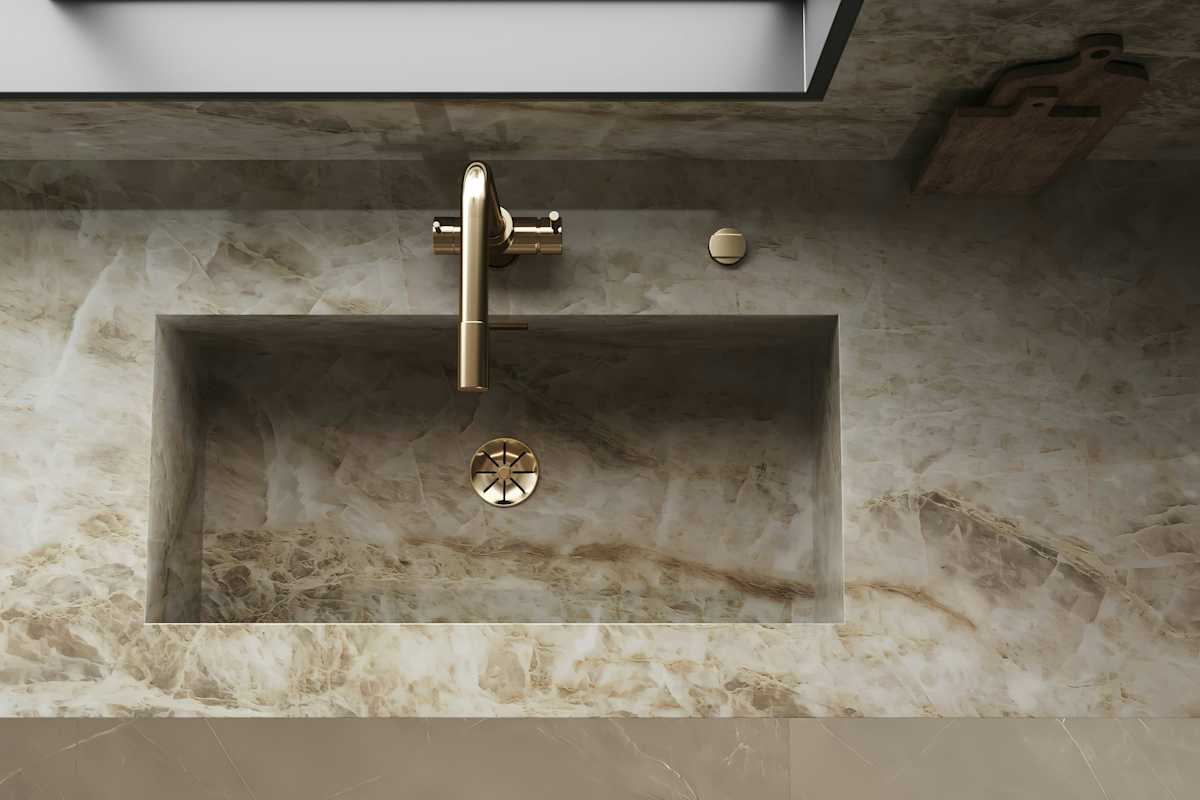Different types of cleaning products
There are many types of cleaning products, also referred to as detergents. Most are based on surfactants, which are so-called surface-active agents. It may sound complicated, but in short, these are substances that can dissolve dirt on various surfaces or in textiles. Some cleaning products also work by using acids, alkaline substances, or abrasion to remove grime and buildup.
In recent years, environmentally friendly cleaning products have become increasingly popular. There are also natural substances that can be used for cleaning.
Below, we’ve compiled a list of common (and a few less common) cleaning products—but first, let’s take a closer look at what cleaning agents actually are.
Four Types of Cleaning Agents
Cleaning products can be divided into at least four categories, depending on how they remove dirt:
Detergents
Detergents are the most common type. They contain soap or other surfactants that dissolve dirt and are used in a wide variety of cleaning products, such as dish soap, all-purpose cleaners, dishwasher detergents, laundry detergents, and bleaches. Many detergents have a neutral pH level, meaning they are non-corrosive and gentle on the skin.
Degreasers
As the name implies, degreasers are used to remove grease and oils. They are commonly used in professional kitchens where grills and floors see heavy use. Degreasers dissolve organic grime by being alkaline, meaning they have a high pH. Therefore, it’s important to wear protective gloves and ensure good ventilation when using them.
Acids
Acidic cleaners are the opposite of degreasers. These are used to dissolve lime scale and stubborn grime. Acidic cleaning products are common in bathrooms and for deep-cleaning kitchen sinks. Since they have a low pH, gloves should always be worn when using them.
Abrasive Cleaners
Abrasive cleaners contain small particles or minerals that physically scrub away dirt. They come in both powder and liquid form. The particles are usually large enough to remove dirt but small enough not to scratch surfaces—though it’s still important to choose the right cleaner for the right surface. Gloves are often recommended when using these products.
Various Cleaning Agents
You’ve probably stood in front of the cleaning product aisle at the store and felt overwhelmed by the number of choices. It’s not uncommon to just grab the product you’re used to. Here's a brief overview of some of the most common types—both commercial and natural alternatives:
All-Purpose Cleaners
All-purpose cleaners are designed to work in many situations. Sometimes they are labeled as "universal cleaners." These cleaners are usually mild but can be surprisingly effective, even on tougher grime. Some include ingredients that help with lime deposits.
They often come as a liquid that you dilute in a bucket for mopping floors, or as a spray for surfaces like kitchen counters, bathrooms, and even bicycles.
While they are generally mild, some surfaces—such as halogen stoves or glass ceramic cooktops—may not be suitable for these cleaners.
Abrasive Cleaners
As mentioned earlier, abrasive cleaners remove dirt using small scrubbing particles. Technically, they could also be called polishing agents, although that term is less commonly used in cleaning contexts.
They are often sold as thick creams, but traditional powdered forms are still available in some stores. Abrasive cleaners are ideal for removing burnt-on food in kitchens or soap scum in bathrooms. Some can even be used on enamel or stovetops—just be sure to check the manufacturer's instructions.
Because they are often alkaline, gloves are recommended.
Descaling Agents
Descaling agents dissolve lime deposits caused by calcium carbonate in hard water. These deposits are often found on bathroom tiles, sinks, and faucets.
Less visible lime scale can build up in household appliances like coffee machines, dishwashers, washing machines, and other electronics, where it can cause damage or hygiene issues.
Descalers are typically sold as liquids—some are concentrated and need to be diluted, while others are ready to use. They contain acids and should not be used on marble, limestone, aluminum, or zinc. Eco-friendly versions are also available.
Window Cleaner
Window cleaner is specially formulated to leave no streaks or marks. It dries quickly so that dirt doesn’t settle before the surface is clean.
The most common form is a spray bottle for convenience, but liquid and soapy versions are also available, often in larger containers. Window cleaners can be pH-neutral or alkaline. Eco-friendly options are also available.
Heavy-Duty Cleaners
Heavy-duty cleaners are used for deeply ingrained dirt and high-traffic areas. These are typically not needed for home use but are more common in public spaces, commercial kitchens, and industrial environments. They are often sold in large containers like jugs or canisters.
Sanitary Cleaners
Sanitary cleaners are formulated for toilets and urinals. They are usually acid-based to combat and remove lime deposits. These cleaners are suitable for ceramics, tiles, and metal (e.g., stainless steel or chrome)—a combination commonly found in bathrooms.
Specialty Cleaners
In addition to standard cleaning products, there are specialty cleaners designed for specific tasks, such as:
Chewing gum removers
Carpet cleaners
Metal polish
Oven cleaners
Graffiti removers
